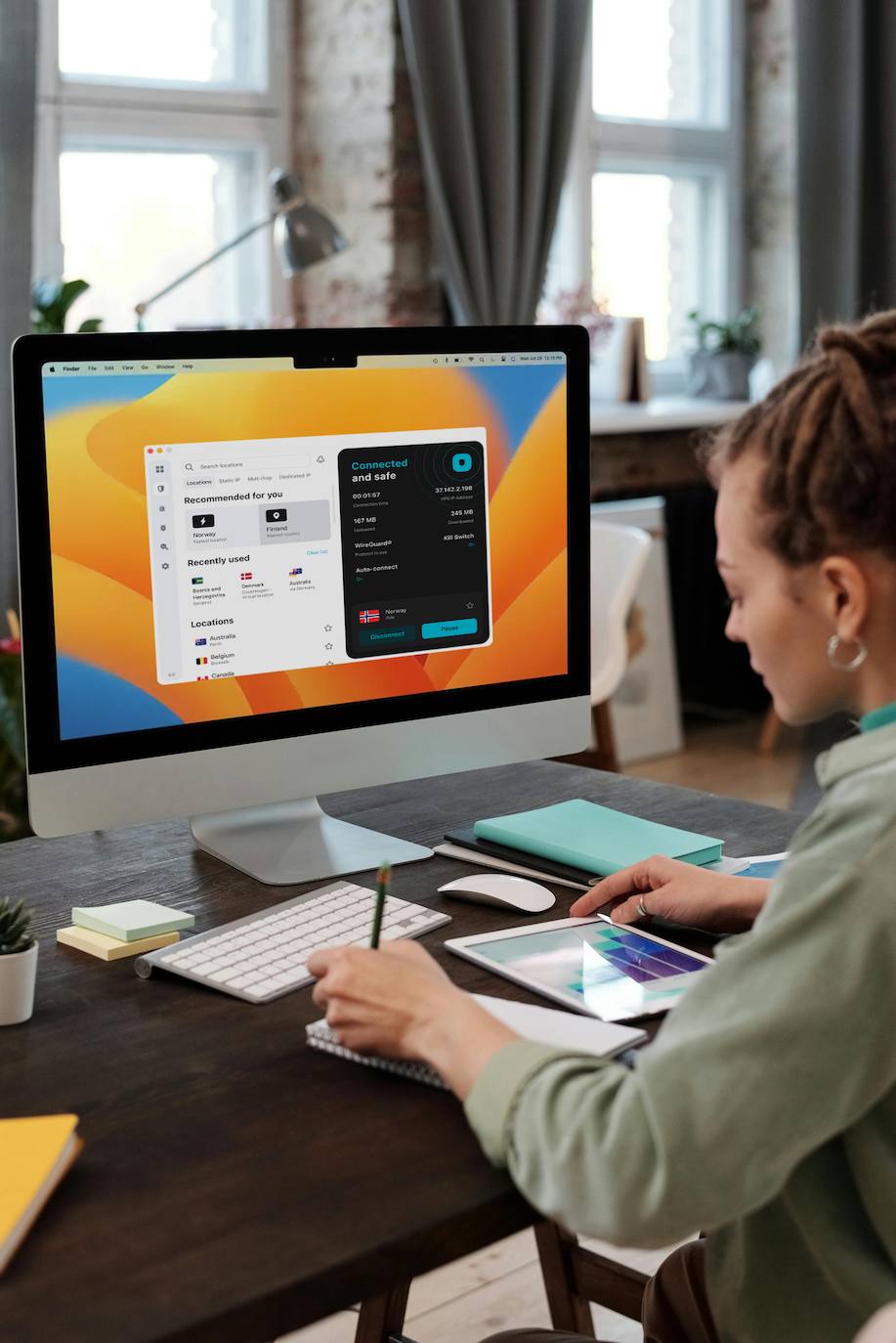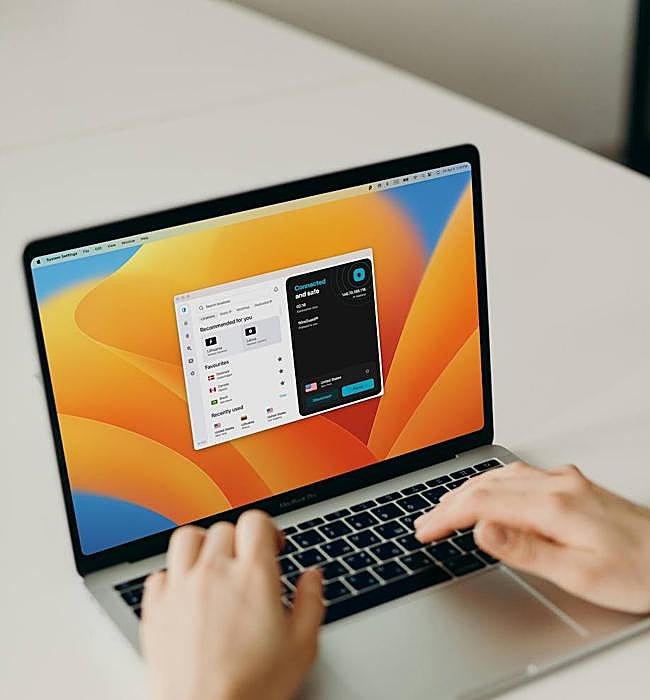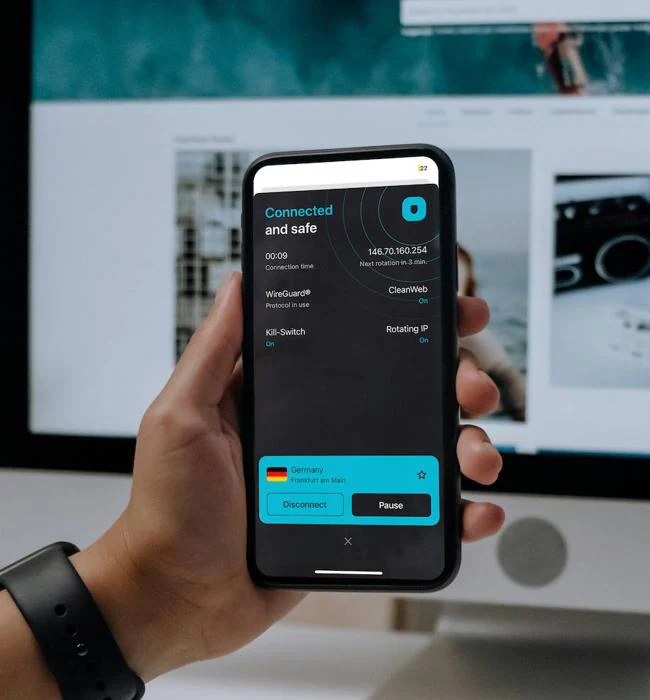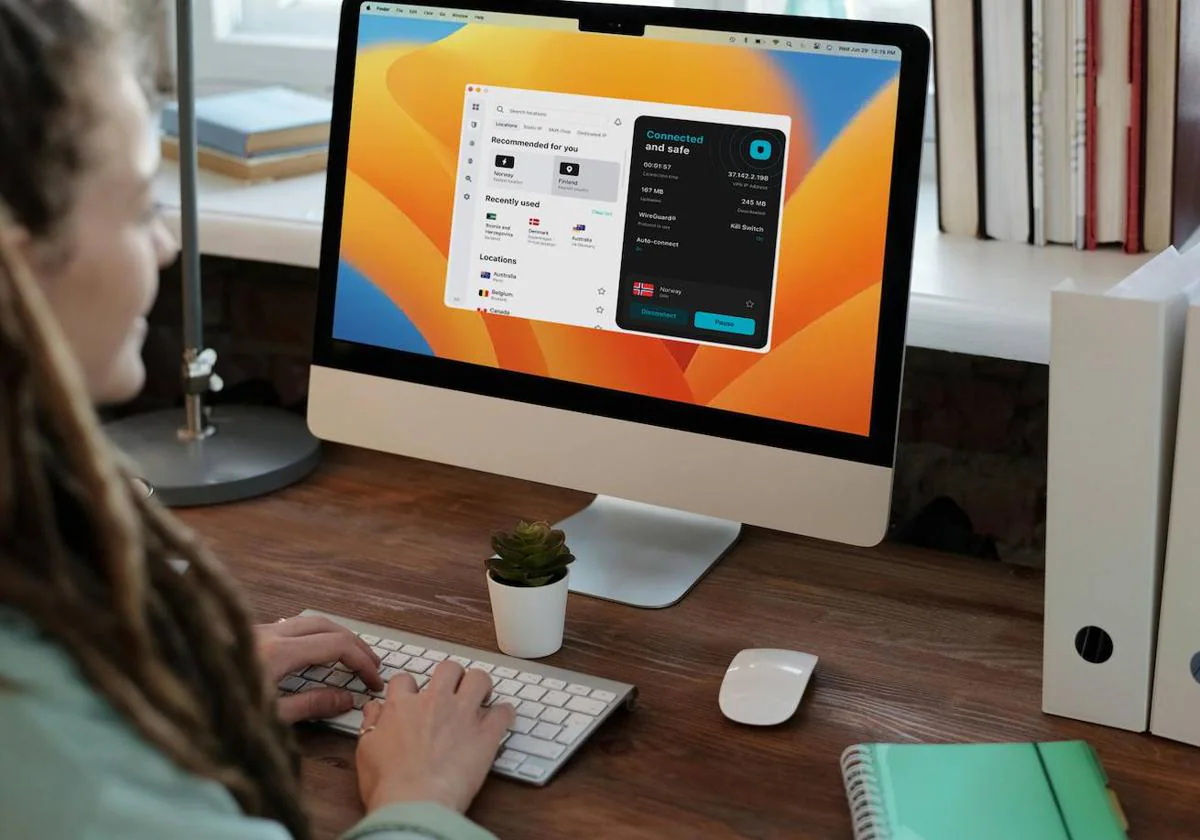How does Facebook exploit your data? Reclaim your privacy with a VPN
Lifestyle ·
Beyond light-hearted posts and highly personalized accounts, there’s a lack of privacy aspect to Facebook that many don’t understandSUR
Málaga
Thursday, 26 September 2024, 09:13
What if there was a place where people could share their feelings, upload photos from their latest trips, update their relationship and family status, and connect to as many people as they’d like? And hear us out: what if that place also allowed people to create detailed accounts — including their workplace, places they’ve lived, personal emails, numbers, hobbies, and likes?
Oh wait, it already exists! It’s called Facebook. Almost everyone uses it and shares the information mentioned above about themselves. But beyond light-hearted posts and highly personalized accounts, there’s a lack of privacy aspect to Facebook that many don’t understand. So, let’s discuss its security practices.
Global trends and big numbers
In 2023, about 5 billion people worldwide used social media for chatting, work, dating, politics, and everyday conversations. Out of these 5 billion people, over 3 billion were active Facebook users. Currently, Facebook is the most used online social network across the globe. And let's debunk the myth that it’s only for older generations — the truth is around 30% of Facebook users are 25-34 years old, and almost a quarter are 18-24 years old.

But if nearly everyone is using it, what's the issue? It's simple — Facebook is a platform that cannot ensure personal privacy.
Facebook and its love for sharing
Did you know that Facebook has experienced over 10 massive data breaches throughout its existence? And that’s not because they follow the motto “sharing is caring”.
Besides, there’s more to this than meets the eye. Let's break down a timeline of the most significant Facebook breaches and privacy misconducts:
• The Cambridge Analytica scandal involved the firm employed by Donald Trump’s 2016 campaign. In 2018, Facebook intentionally exposed data from 87 million users. The information was harvested through a third-party app and used to target American voters with personalized ads.
• Thanks to unsecured Amazon Web Services (AWS) servers, Facebook exposed over 540 million user records in April 2019. Despite this, Facebook continues to work with AWS. How terrific is that?
• In April 2021, a previously fixed cybersecurity flaw breached 533 million users' data. Information such as people's names, phone numbers, and emails made their way onto the dark web.
• One of the most recent Facebook breaches happened in February 2024. Facebook breached millions of two-factor authentication (2FA) codes used by Facebook, Google, and other platforms.

These are only a few of Facebook's data breaches and privacy scandals. But what’s the purpose of knowing about these statistics? To learn and understand the scope of your data exploitation and how to protect yourself.
Risks of using Facebook & someone having your info
Using social media platforms comes with several online risks, and Facebook is no exception. Someone having your personal information is no “seventh heaven” experience. Here are some of the most significant concerns people should be aware of:
• Smishing or phishing: getting text messages or emails that seem to come from a trusted source but are actually designed to steal more of your data;
• Identity theft: a typical scam where cybercriminals impersonate you to trick family, friends, or even service providers to collect more info, apply for loans, and more;
• Malicious links: links that trick users into clicking on them, downloading malware or viruses onto their devices;
• Fake apps: unauthorized social media apps that are created by cybercriminals and usually infect the device with malware after downloading them;
• Data mining: social media platforms usually collect extensive user data, which can be used for targeted advertising or sold to third parties.

We get it — so far we’ve covered all threats and no solutions. But the time has come to learn what you can actually do to stay safe on Facebook.
Stay safe on Facebook with the helf of Surfshark VPN
You can take several actionable steps to stay safe while using Facebook, like adjusting privacy settings, not oversharing, using 2FA, and more. But we're here to talk about a VPN — particularly Surfshark VPN — and how it can protect you on social media. Surfshark VPN:
• Hides your IP address to prevent tracking by social media platforms, advertisers, and cybercriminals;
• Encrypts your internet connection, keeping your data safe, especially on public Wi-Fi networks;
• Gives access to a broader range of content without targeted ads or regional censorship;
• Safeguards your online activities from being monitored or throttled by ISPs (Internet Service Providers);
• Enhances the security of file sharing over the internet;
• Keeps your conversations out of hackers, companies, or the government's reach;
• Helps with navigating around workplace or school firewalls;
• And more (you'll find out after getting the service).
And we have the best news for you — you can now get Surfshark at 86% off with 3 months extra! Now is the perfect time to take advantage of this offer, so take our word for it and don't sleep on this deal.
Final words, praise, and a disclaimer
Realistically, you should stop using social media altogether to stay completely safe. But most of us don’t have the guts to disconnect from the online world. Online risks shouldn't stop us from using social media, though — especially when there are tools like Surfshark VPN, which can offer a layer of online security and privacy.
But despite data breaches and other privacy concerns, Facebook isn’t such a bad platform. After all, it allows us to connect with others, which is one of the primary reasons for being on social media platforms. So, let's connect safely!
